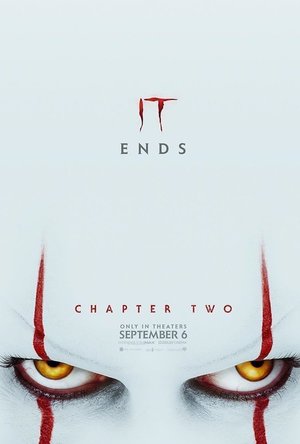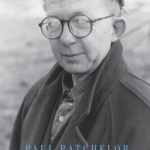
Reading Barry MacSweeney
Book
Barry MacSweeney was described as 'a contrary, lone wolf...[whose] ear for a soaring lyric melody...
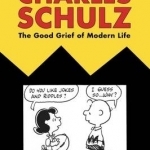
The Comics of Charles Schulz: The Good Grief of Modern Life
Book
The Comics of Charles Schulz collects new essays on the work of the creator of the immensely popular...
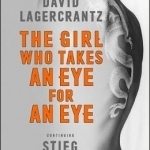
The Girl Who Takes an Eye for an Eye: Continuing Stieg Larsson's Millennium Series
David Lagercrantz and George Goulding
Book
The girl with the dragon tattoo is not given to forgiveness. Lisbeth Salander has been forged by a...
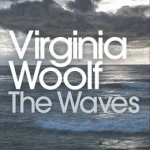
The Waves
Book
A formally innovative work of modernist fiction, Virginia Woolf's The Waves is edited with an...
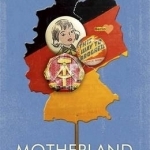
Motherland: A Novel
Book
Oranges Are Not the Only Fruit meets Goodbye Lenin. 'I hadn't expected the Berlin Wall to be clean...
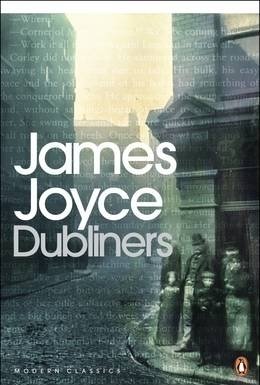
Dubliners
Book
James Joyce's Dubliners is an enthralling collection of modernist short stories which create a vivid...
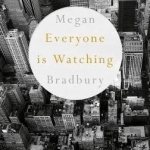
Everyone is Watching
Book
'Beautiful, kaleidoscopic ...everyone should be watching Megan Bradbury from now on' Eimear McBride,...
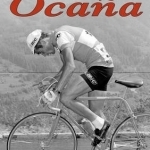
Ocana
Carlos Arribas, Adrian Bell and Antonio Cuadrado-Fernandez
Book
One of THE 10 MUST-READ CYCLING BOOKS OF 2014 according to the influential Peloton magazine. This is...
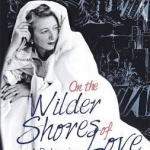
On the Wilder Shores of Love: A Bohemian Life
Lesley Blanch and Georgia de Chamberet
Book
Most famous for The Wilder Shores of Love, her book about four women travellers, Lesley Blanch was a...
Charlie Cobra Reviews (1840 KP) rated It: Chapter Two (2019) in Movies
Jul 7, 2020
The evil clown Pennywise returns to terrorize the town of Derry, Maine after being defeated by the members of the Losers' Club 27 years ago. The childhood friends have long since gone their separate ways but are called home to keep their promise by Mike Harlon who never moved away. Not quite remembering everything from their past but each traumatized by their own scars, the Loser must conquer their fears and destroy Pennywise for good.
This movie was great. Personally, I think chapter 1 was better, but this film definitely didn't disappoint. Right from the beginning it set the tone with a opening scene of a gay couple being severely beaten. I really liked the casting and who they chose to portray the children of the Losers club, they did a great job. The acting from everyone was good, Jessica Chastain, James McAvoy and Bill Hader's performances were superb. I enjoyed how this movie expanded on the lore of Pennywise and his origin. Even with a long run time, it didn't feel like a super long movie. To me some of the most enjoyable parts were the flashbacks where you got to see the younger cast. It was good that they had a big part in this movie too. I give this movie an 8/10 and it also gets my "Must See Seal Of Approval".
